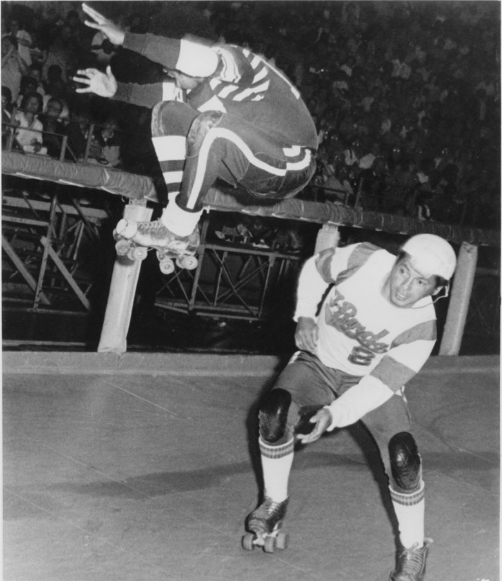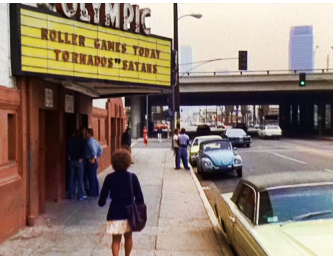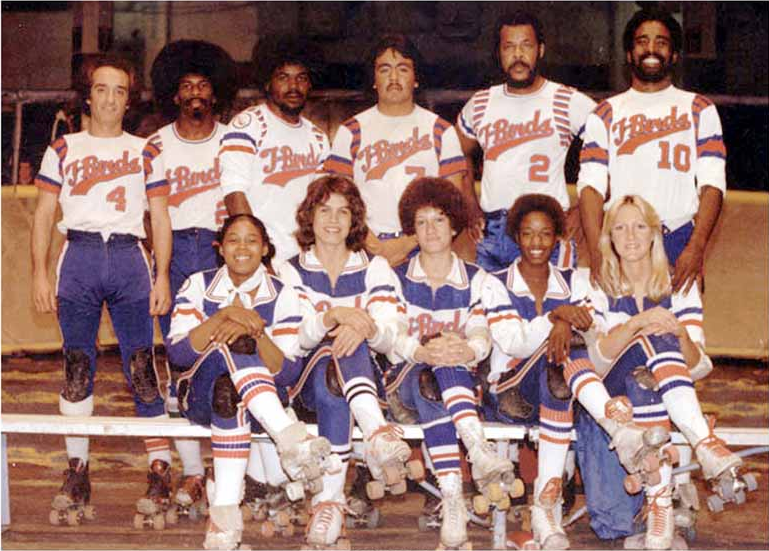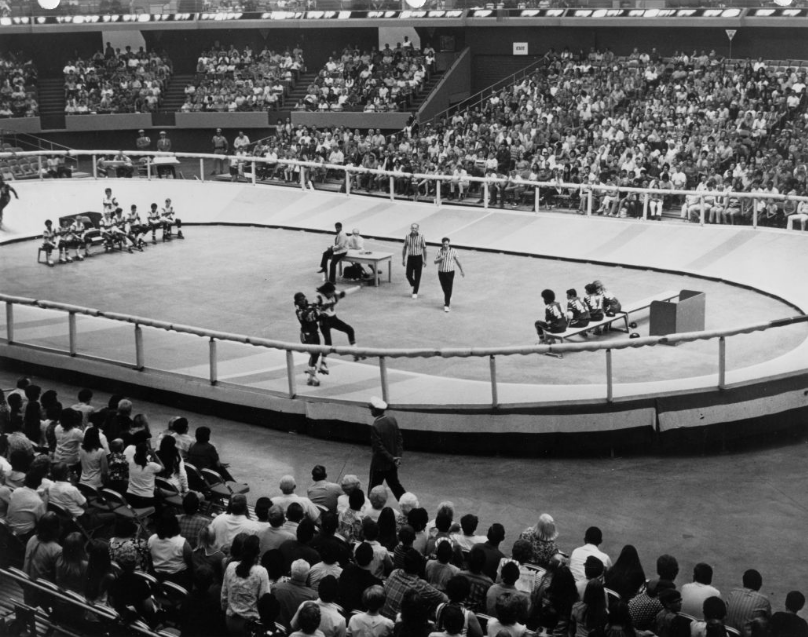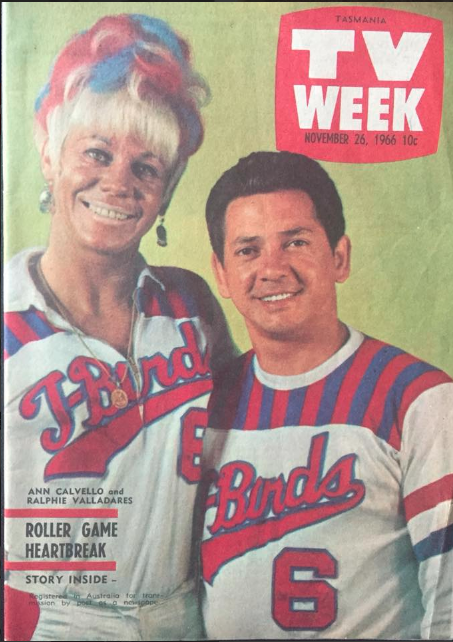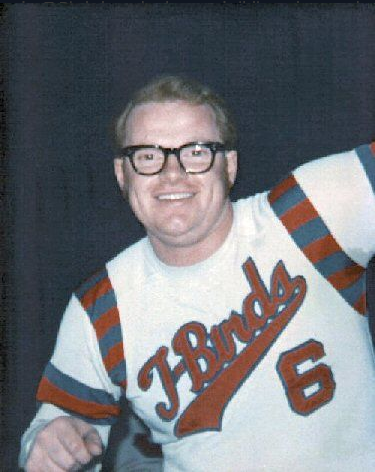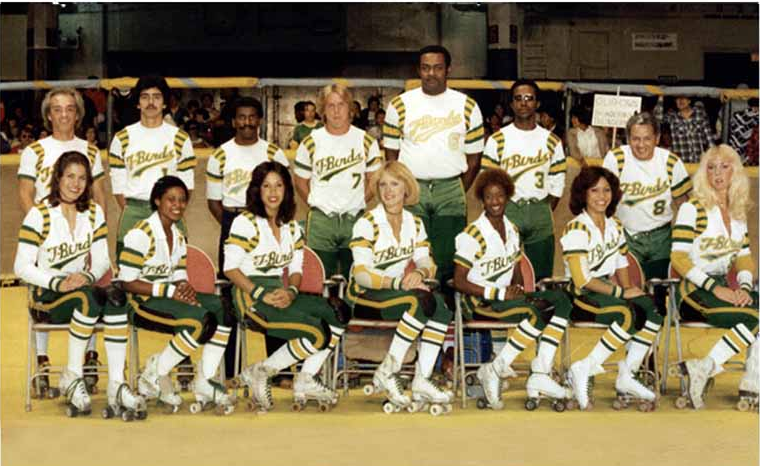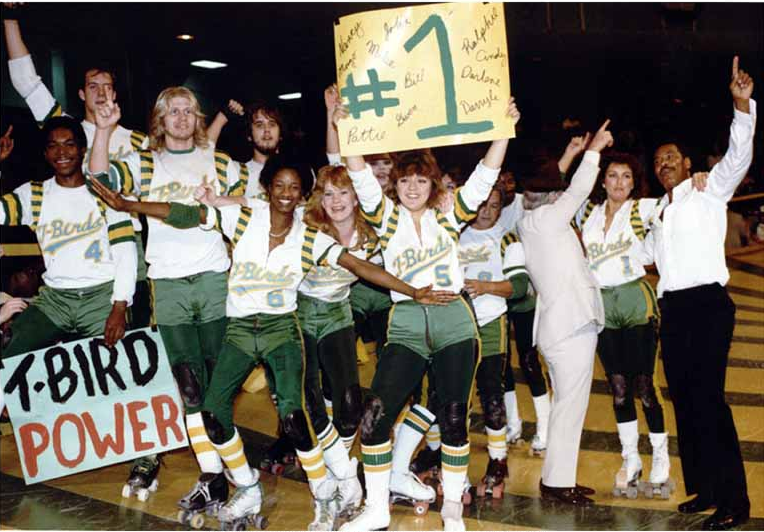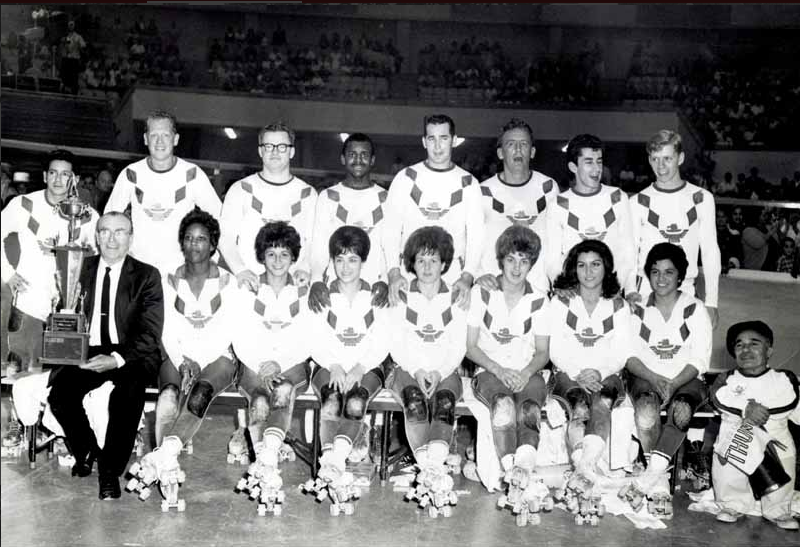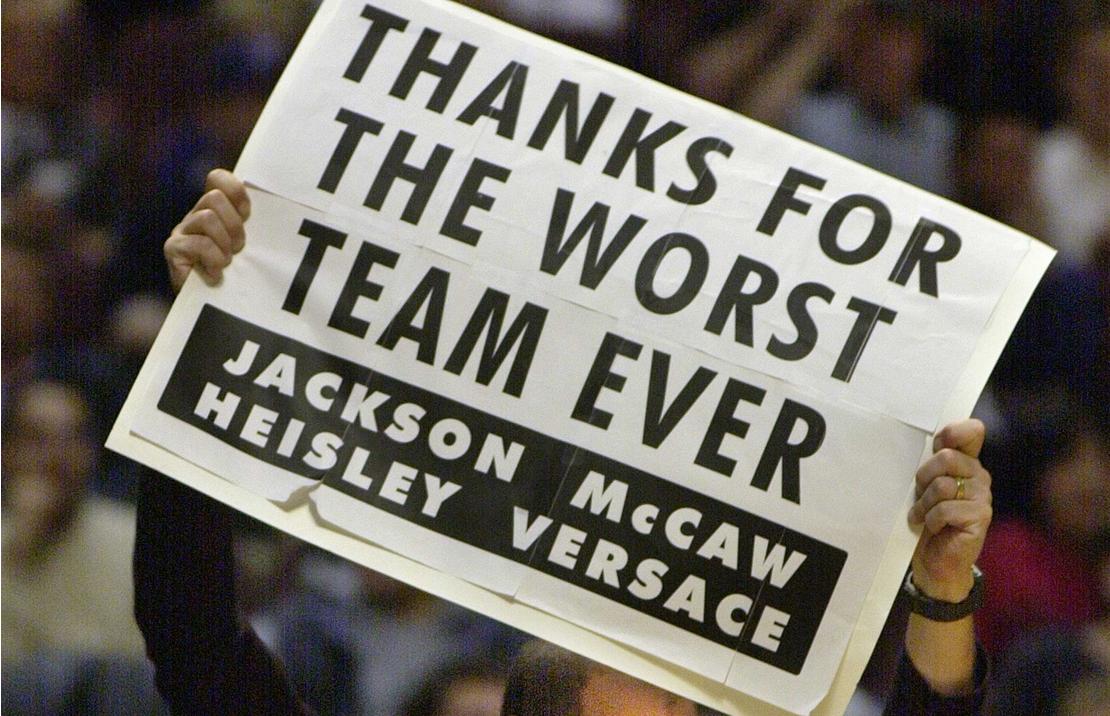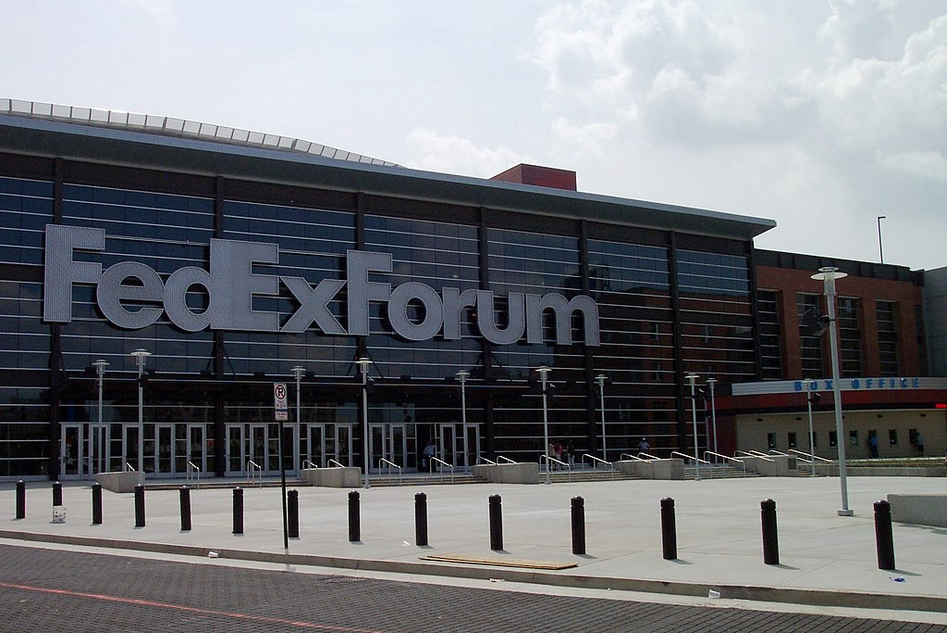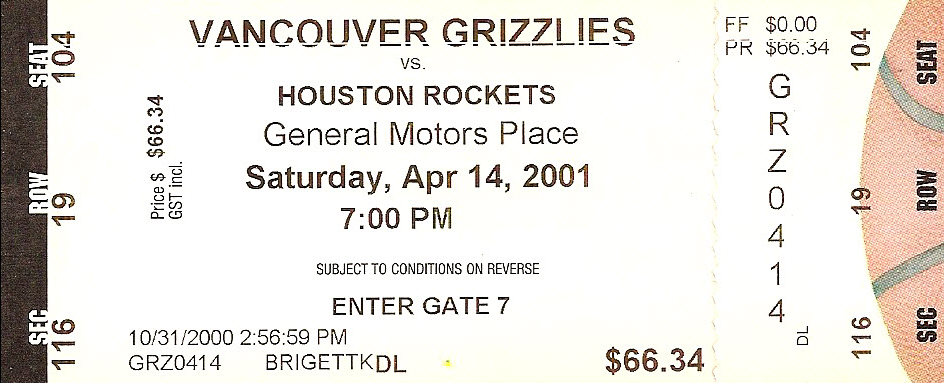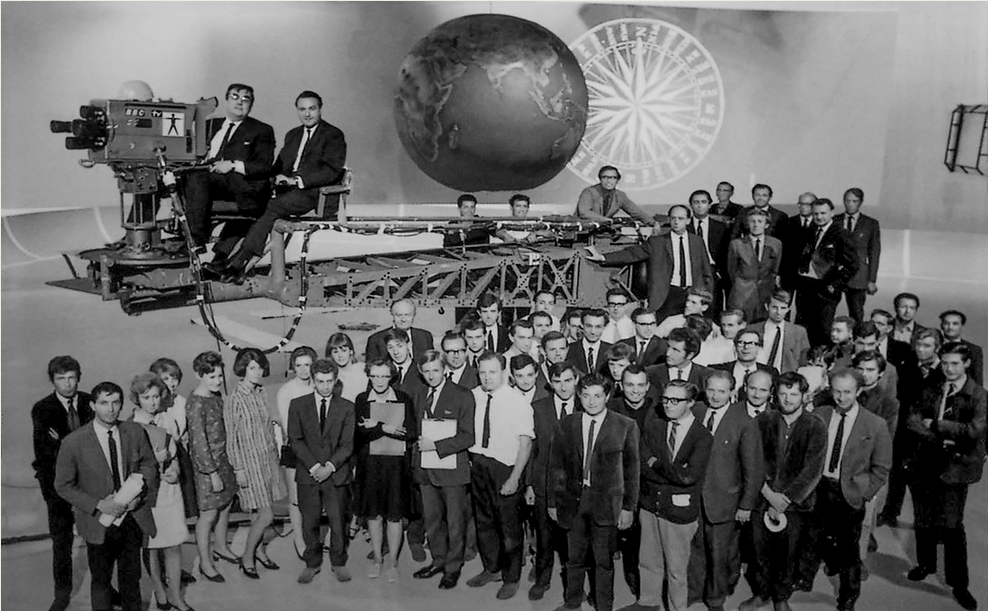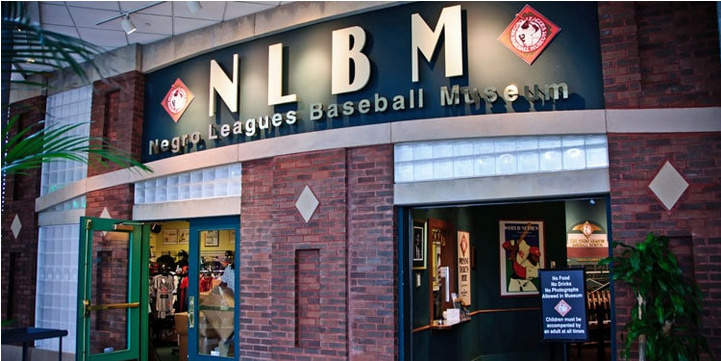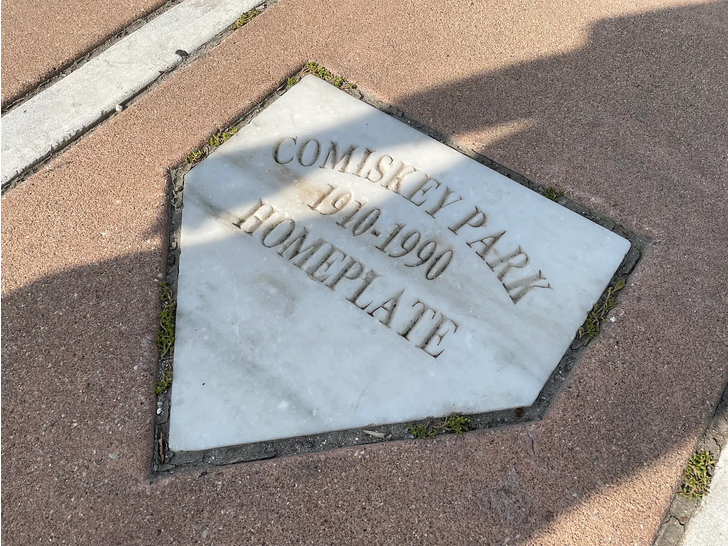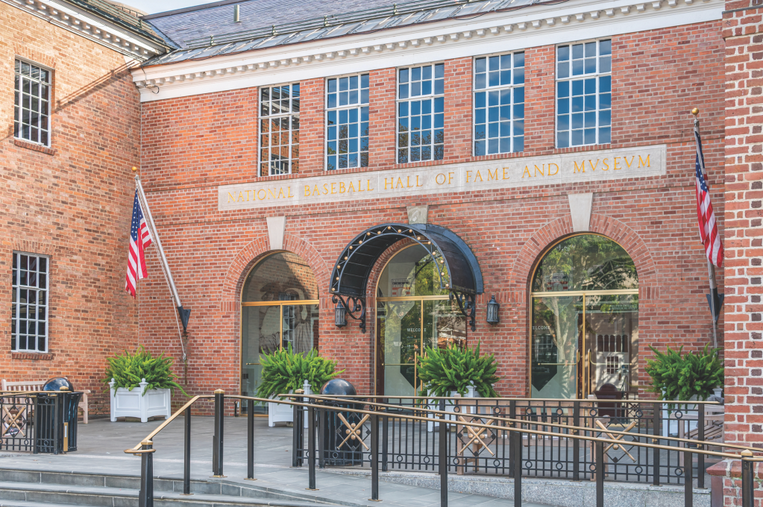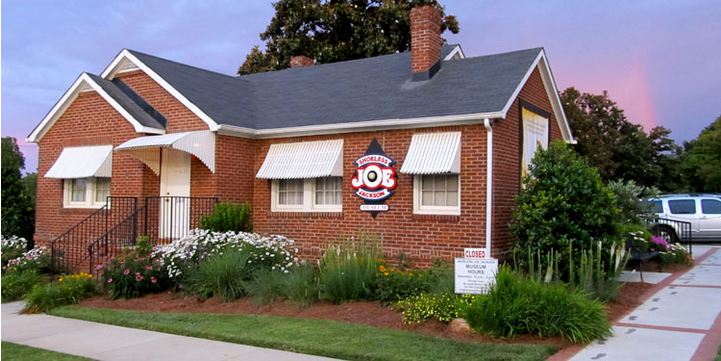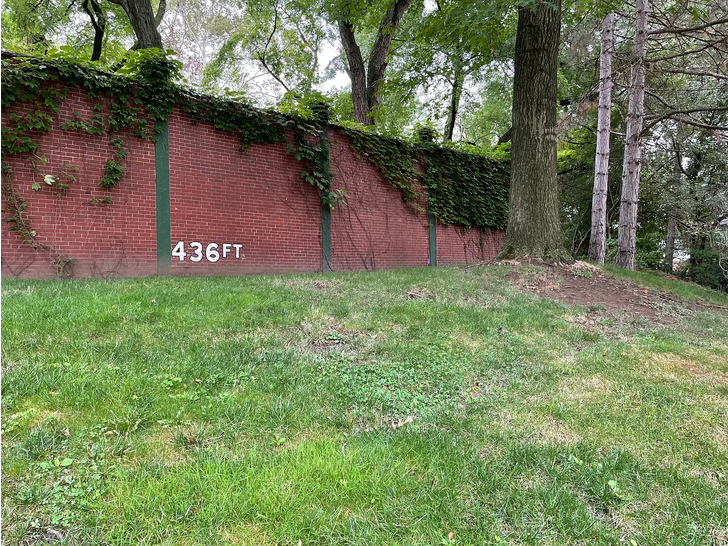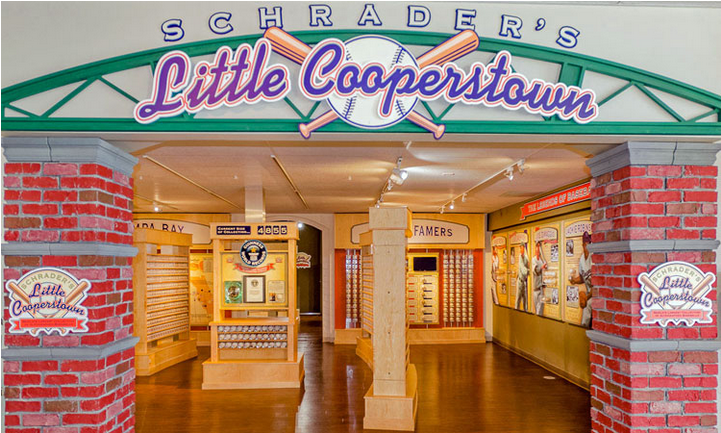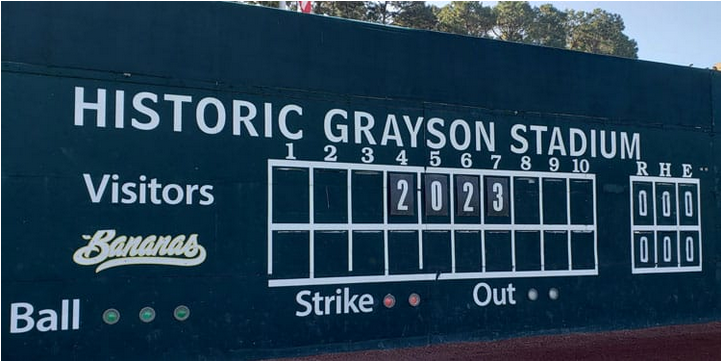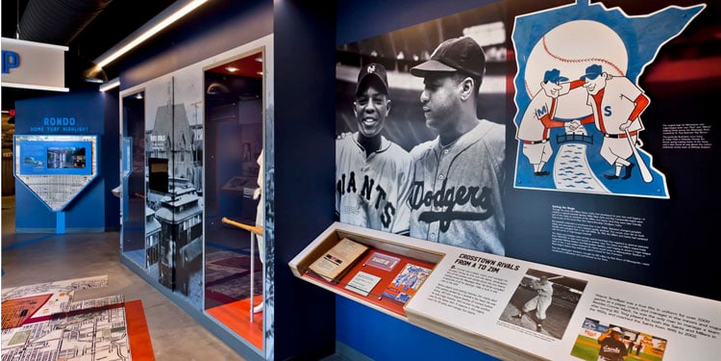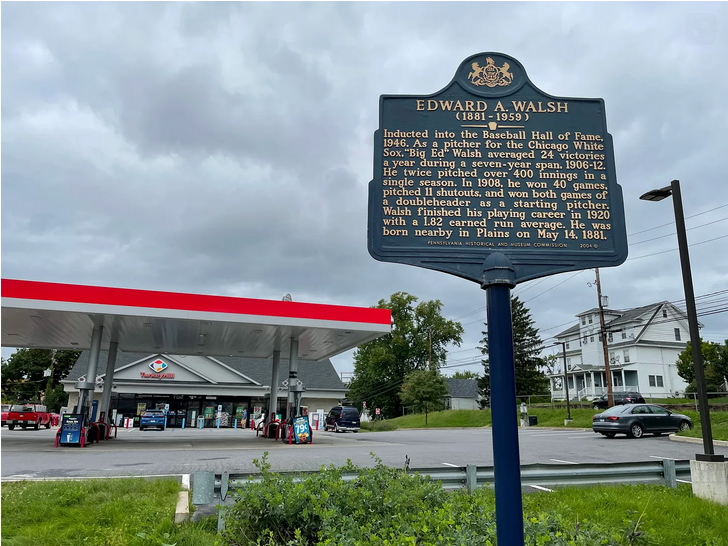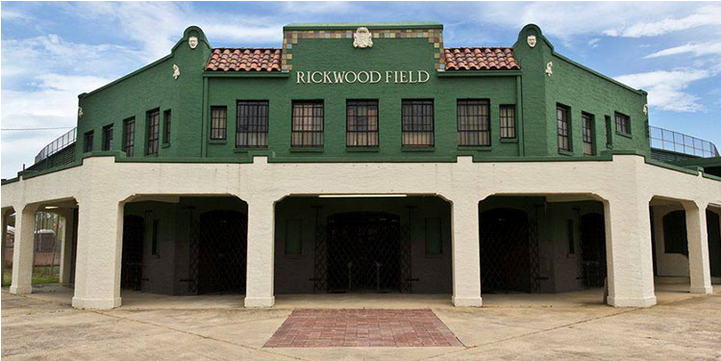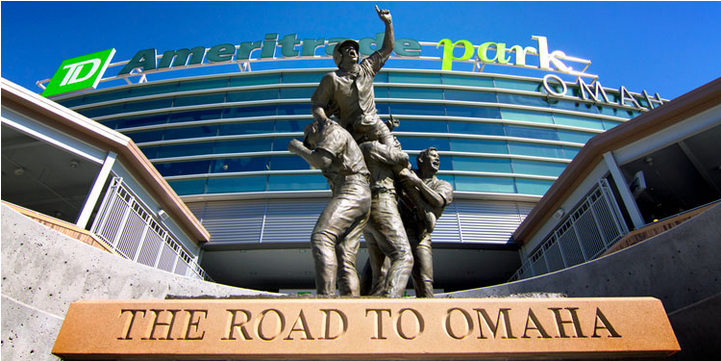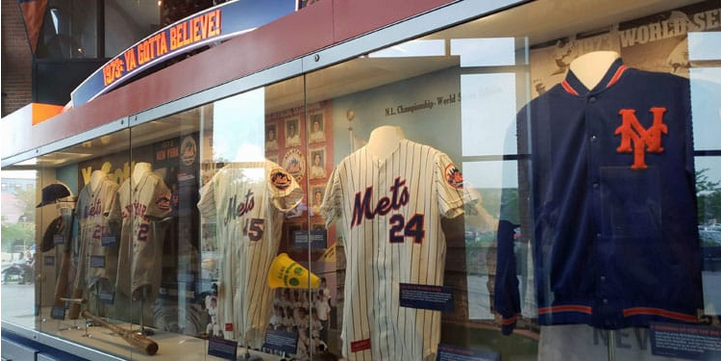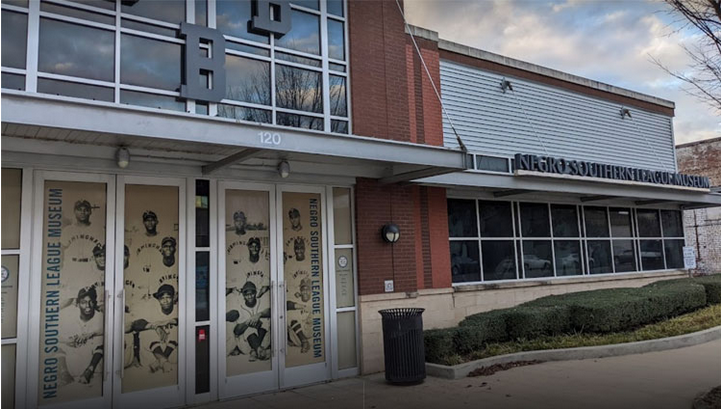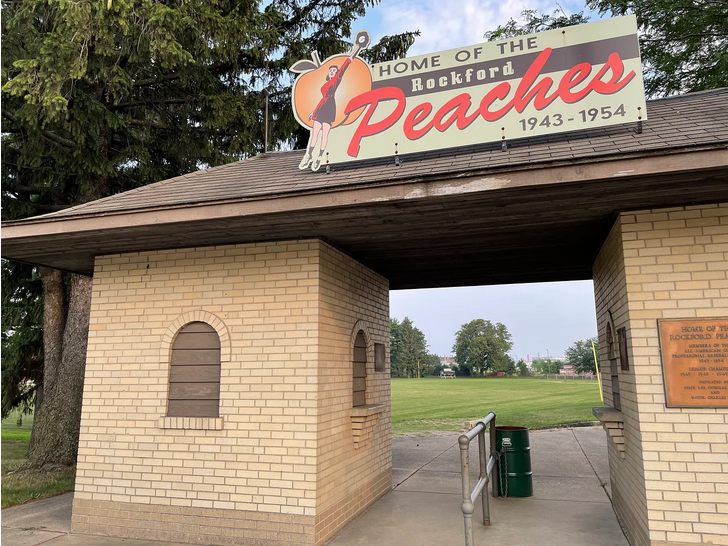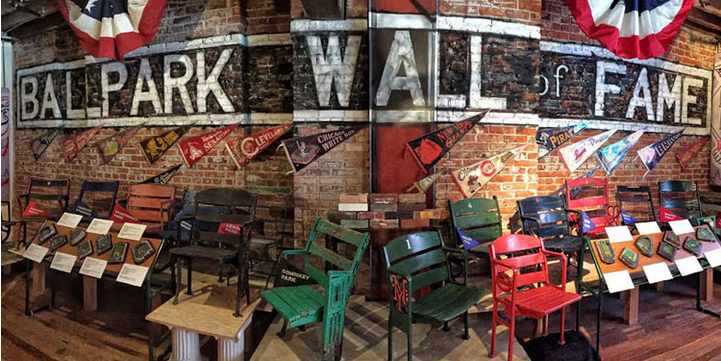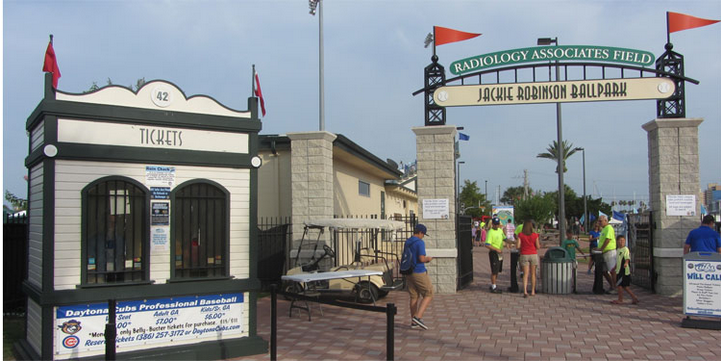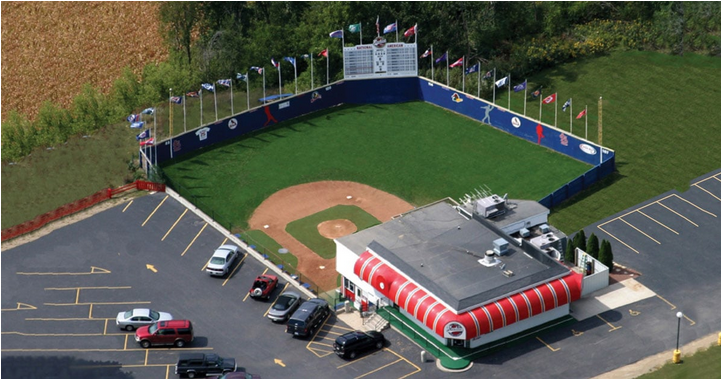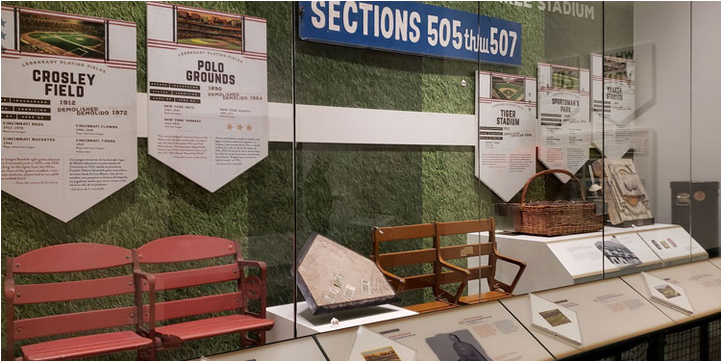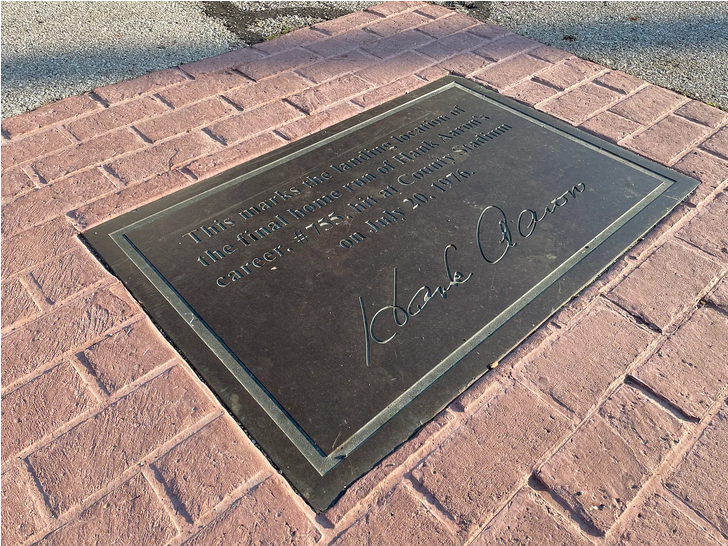With the Mets th-i-i-i-i-s close to a rare MLB playoff berth this season, we do our best not to jinx their chances with a look back at the local New York post-game TV show synonymous with the club's first 32 years in Gotham with sports reporter/author Mark Rosenman ("Down on the Korner: Ralph Kiner and Kiner's Korner").
"Kiner's Korner" was a beloved postgame interview show that became a staple of New York Mets broadcasts from the team's inception in 1962 through the 1990s. Hosted by Hall of Fame player and broadcaster Ralph Kiner, the show aired on WOR-TV (now WWOR-TV) after Mets games and occasionally before them. Known for its relaxed and casual style, "Kiner’s Korner" gave fans a behind-the-scenes look at their favorite players, with Kiner interviewing the star of the game, reviewing key highlights, and updating scores from other games. The show was both informative and lighthearted, often showcasing Kiner’s warmth, humor, and legendary on-air in-game malapropisms.
The name "Kiner's Korner" was a nod to the left-field seats at Forbes Field, where Kiner hit many of his home runs during his Hall of Fame career with the Pittsburgh Pirates. These seats, once known as "Greenberg's Gardens" for Kiner's predecessor Hank Greenberg, were renamed "Kiner's Korner" after Kiner's meteoric rise in baseball. The show maintained a simple, intimate format, with players reflecting on their performances, sharing stories, and connecting with fans on a personal level, which helped strengthen Kiner’s bond with baseball enthusiasts across generations.
Despite its low-key production, the show became a cherished part of Mets culture, especially as it captured memorable moments from New York baseball history.




















































































